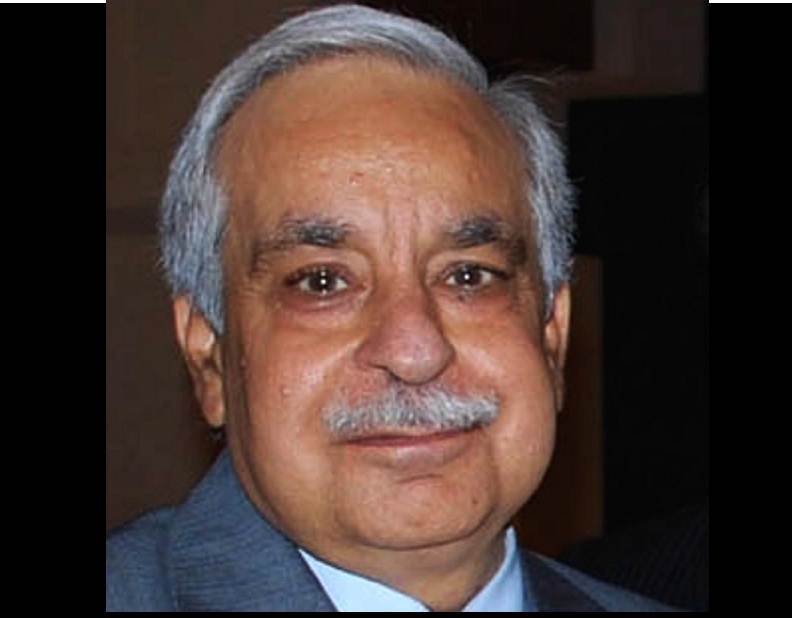New Delhi: In a scathing report on the state of broadband in India, the telecom regulator Trai has called for an almost complete overhaul of the structure put in place by the government for connecting the country.“India is one of the worst-connected countries in the world by any metric,” Trai chairman Rahul Khullar said.
 |
| Trai chairman Rahul Khullar |
Trai said the reason for the dismal state of broadband in
India cuts across the entire ecosystem for connecting the country.
These include issues related to the treatment of spectrum;
infrastructure (including towers, optical fibre and back haul spectrum)
as well as right of way (RoW) issues.
As part of a consultation process that began on 24
September, Trai has released a raft of recommendations on what needs to
be done to fix broadband. A recent study by Ericsson found that doubling of broadband speeds increases national economic output by 0.3%.
On satellite communication, Trai has suggested that the
licensor, regulator and operator functions be separated to conform to
international practices of free markets, so as to make availability of
broadband using VSAT (very small aperture terminal) easier. This is
needed as there are parts of the country that can not be connected by
fibre due to geographic difficulties, Khullar said.
VSAT is a device that connects with the Internet using satellite networks.
[from the report:]
In the case of VSAT services, the BB market is divided into four parts i.e. capacity for rural mobile backhauling, capacity for enterprise applications in non-fibre and microwave sites (such as for remote ATMs), capacity for rural e-Government applications and, finally, for consumer connectivity. According to one of the stakeholders, the C-band and Ku-band prices are in the range of US $2800-3500 per MHz per month. The Ka-band which is yet to be licensed in India is priced lower, at less than US $1000 per MHz per month.DTH and VSAT operators have brought to the notice of the Authority that there are constraints in the space segment capacity because of which they are unable to meet their obligations to their customers. As a result, a number of projects including rural connectivity projects are at a stand-still. They further pointed out that the procurement of satellite capacity on foreign satellites through Department of Space (DoS) often results in long delays and increase in prices due to some process flaws. The Authority brought the concerns of these operators to DoS and requested them to consider permitting these operators to directly negotiate with the foreign satellite operators for arranging satellite capacity. This will not only address the concerns of VSAT and DTH operators, they will be able to serve their customers timely and in cost effective manner which is vital for the growth of VSAT and DTH industry. This will also have positive effect on revenue generation for the industry and, in turn, for the Government.Action Points
- A decision on the recommendation of the Authority on ‘Open Sky’ policy needs to be taken in the next 6 months. This will allow TSP/DTH/VSAT operators access to International Satellite Operators. This is the only way forward if we are serious about delivery access to otherwise remote and inaccessible areas or those with difficult terrains.
- Separation of Licensor, Regulator and Operator functions in the satellite space domain to conform to best international practices of free markets.
- The issue of coordination of additional spectrum in the 2500-2690 MHz band with DoS needs to be addressed urgently, so that this band can be optimally utilized for commercial as well as strategic purposes.
- Time-bound award of licenses for operating satellite services.
- Regulating/Opening of Ka - band..

No comments:
Post a Comment